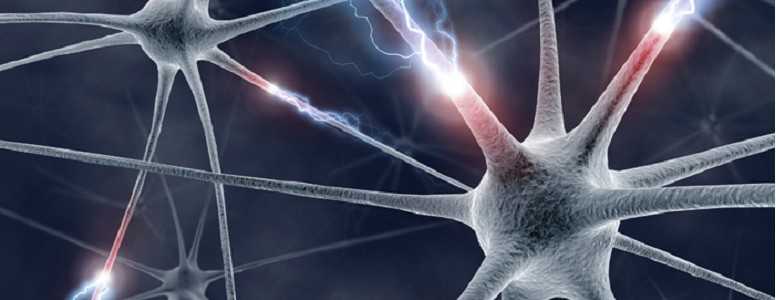A single shot of a hormone administered directly into the brain of rats and mice put type 2 diabetes into remissio, research has shown.
A study, which has been published in Nature Medicine, looked at a group of hormones called fibroblast growth factors (FGF1).
Researchers discovered that a single injection managed to normalise blood glucose levels for up to four months in rats and mice which had the rodent version of diabetes.
Previous research discovered that high doses of FGF1 injected into the body regulated blood glucose for up to 48 hours, which is why researchers wanted to focus on administering into the brain to see what results it generated.
Lead researcher Dr Jarrad Scarlett from the Seattle Children’s Hospital, University of Washingto, said: “We thought that FGF1 could be acting in the brain, because the receptors for FGF1 are highly prevalent there.”
Researchers hope the findings might lead to a new type 2 diabetes treatment, although they are not yet clear on what side effects FGF1 might have.
Although they had been expecting the FGF1 to lower glucose levels the research team had been surprised at how long the effect had lasted for.
Dr Scarlett said: “We were expecting the results to last 48 to 72 hours, not several months. We think it’s stimulating synaptic remodelling within these circuits.”
The results occurred, despite a change in diet or body fat, which suggests weight loss is not integral to the findings.
Despite the positive results, the study authors say more research into FGF1 is required to investigate the long terms effects.
What's new on the forum? ⭐️
Get our free newsletters
Stay up to date with the latest news, research and breakthroughs.







